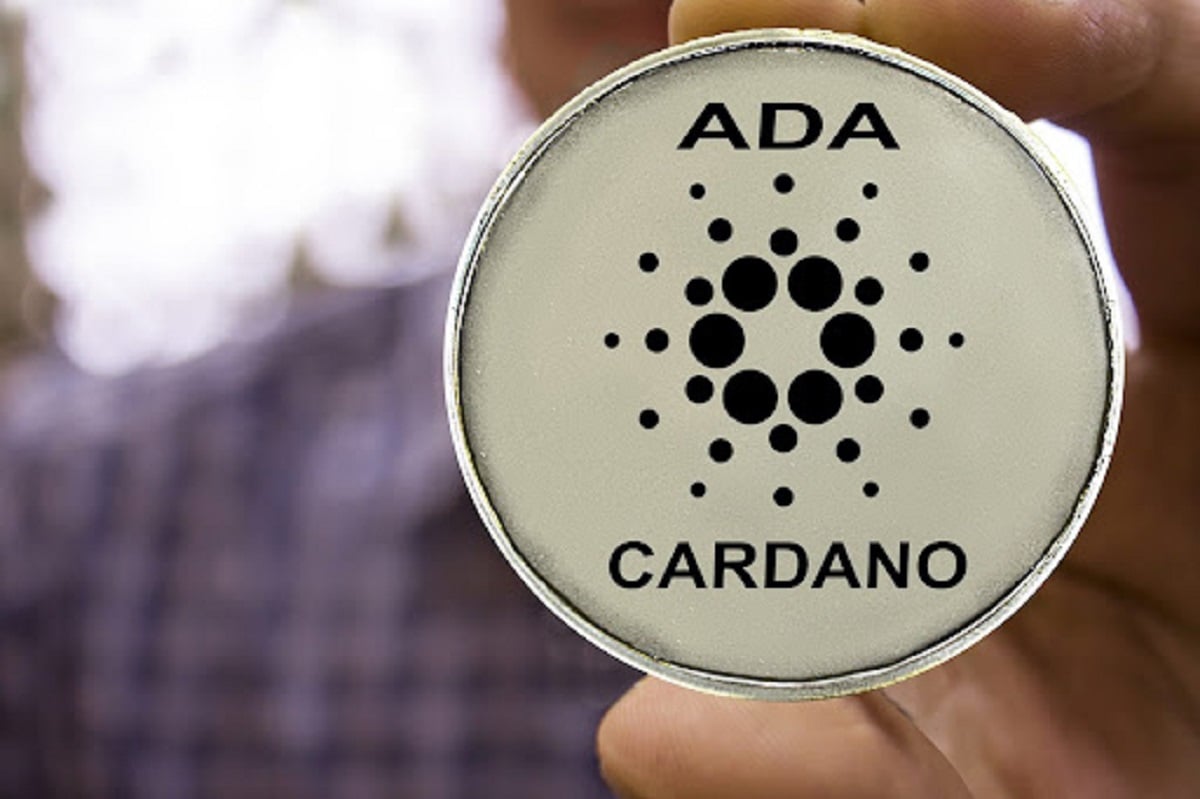
- Cardano’s founder predicts a massive computing power boost by 2030, revolutionizing tech capabilities.
- Tech enthusiasts highlight AI efficiency gains, suggesting the growing importance of hardware innovation.
Cardano founder Charles Hoskinson has predicted a shift in artificial intelligence (AI) by 2030. His insights suggest a significant enhancement in computational capabilities, potentially revolutionizing the accessibility and functionality of AI technology.
Here’s my prediction, by 2030 we will be able to run a model 1000x more power than Mixtral on a gaming PC due to specialized hardware and model optimization
— Charles Hoskinson (@IOHK_Charles) March 20, 2024
Hoskinson envisions a future where standard gaming PCs will boast computational power surpassing today’s leading AI models by a staggering factor of 1,000. This forecast, rooted in advancements in high-performance hardware and model training, signifies a monumental leap in processing capabilities.
The implications of such advancements extend beyond mere performance enhancements. According to Hoskinson, the democratization of AI applications will occur when ordinary people have easier access to advanced computing. This change signals a move away from AI being a luxury available only to a small group of people with strong computers and toward a more open environment available to everyone.
AI integration with Cardano
Hoskinson’s interest in AI extends to its integration with Cardano, a leading blockchain platform. His prediction includes local AI models on personal devices that leverage user data to improve efficiency and customization. With its integration, frontiers are coming together to promise a future of machine-driven intelligence and intelligent interactions.
Despite these predictions, Cardano claims to be at the forefront of blockchain innovation. ADA dominates developer activity among the leading Layer 1 blockchains, according to IntoTheBlock reports. Continuous improvements, like the most recent release of node v.8.9.0, highlight Cardano’s dedication to developing its capabilities and infrastructure.
In light of recent concerns within the Cardano community, particularly surrounding the World Mobile partnership, Hoskinson has taken proactive steps to allay fears. Acknowledging the prevalence of Fear, Uncertainty, and Doubt (FUD) in the crypto space, he reaffirms the strategic significance of partnerships like World Mobile. Such collaborations bolster Cardano’s ecosystem and pave the way for innovative protocols and cross-chain transactions, enhancing network interoperability and value.
The Influence of Cardano on Gaming
This prediction has elicited mixed reactions. While some, like tech enthusiast Kurt from Sydney, support Hoskinson’s vision, citing the relentless advancement in graphics technology, others remain cautious, skeptical of potential hurdles to such technological marvels.
The conversation takes an intriguing turn as cryptocurrency enters the fray. Some Cardano investors propose integrating ADA, Cardano’s native token, into popular titles like Call of Duty for in-game purchases. The concept of earning cryptocurrency through gameplay adds a new layer of intrigue. Yet, questions arise about the feasibility and implications of such integration within mainstream gaming.
The landscape of Web3 gaming, often dubbed “GameFi,” presents challenges. Reports indicate a staggering 76% failure rate among emerging Web3 games launched in the past five years. The emphasis on the “play-to-earn” model, prioritizing cryptocurrency-driven revenue over compelling gameplay experiences, significantly contributes to this high failure rate.
The success of crypto integration within mainstream gaming depends on striking the right balance between innovation and preservation as the gaming industry navigates these uncharted waters. The leadership of tech titans such as Hoskinson guarantees that the essence of gaming continues, even in the face of technological disruption, even as the promise of unparalleled computing power holds the potential for transcendent gaming experiences.





















